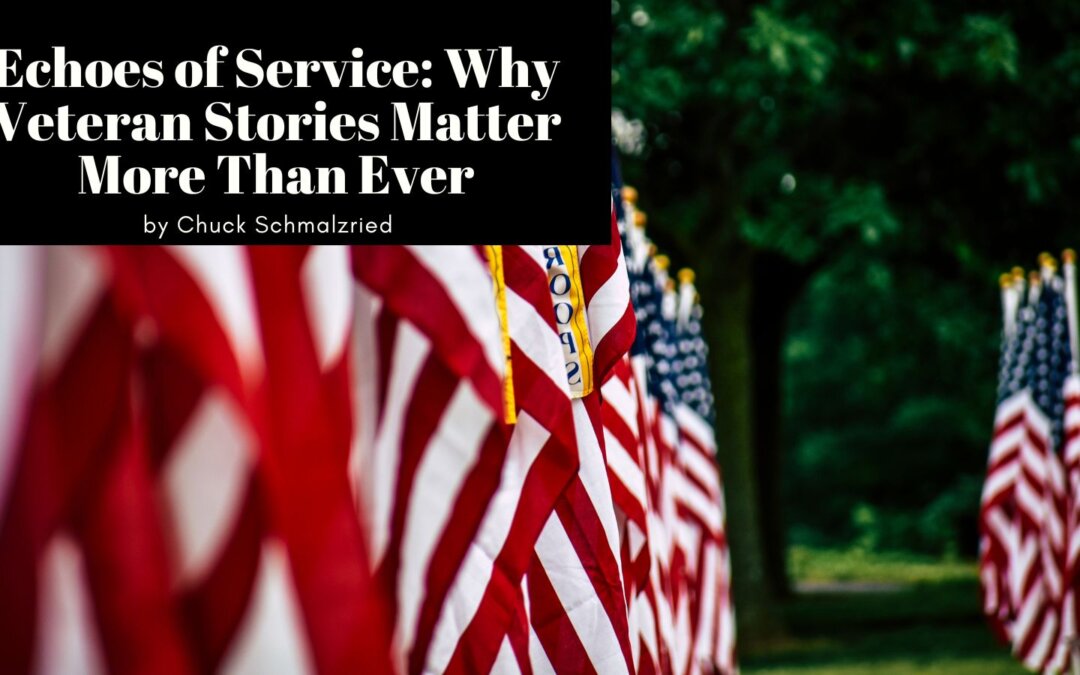Introduction
Behind every medal, uniform, and folded flag lies a story. Some are stories of courage in combat, others of quiet resilience back home, and many remain untold—locked away in the memories of the men and women who served. Veteran stories aren’t just history lessons; they’re living testaments to sacrifice, leadership, and perseverance. Sharing these narratives keeps their experiences alive while inspiring future generations.
The Human Side of Service
It’s easy to think of veterans only in terms of their military achievements, but their journeys are deeply human. Imagine being 19 years old, halfway around the world, tasked with making decisions that carry life-or-death consequences. Or think about the transition home—relearning how to sleep in silence after months of sirens, or how to find purpose in civilian life after years of structure and discipline. These stories remind us that veterans aren’t defined solely by their uniforms but by the resilience they carry into every stage of life.
Stories of Courage
Courage in the military isn’t always about battlefield heroics. For some veterans, courage meant keeping morale high when resources ran thin. For others, it was stepping up to protect their fellow soldiers in moments of chaos. These accounts highlight that bravery often comes in unexpected forms—quiet acts of leadership, split-second decisions, or even the resolve to endure hardship for the sake of the team.
Stories of Resilience
The battles don’t always end when service does. Many veterans face new challenges: rebuilding careers, managing physical injuries, or navigating post-traumatic stress. Their stories of resilience—like starting nonprofits, mentoring younger veterans, or pursuing education against the odds—show us what it truly means to keep fighting long after the battlefield is left behind. They transform pain into purpose and remind us of the strength in persistence.
Why Sharing Matters
When veteran stories are told, they bridge the gap between those who served and those who never wore a uniform. They give civilians a deeper appreciation for freedoms often taken for granted. They also ensure younger generations understand that history isn’t just found in textbooks—it lives in the voices of people who experienced it firsthand.
Veterans themselves often find healing in sharing. Telling their stories can lift the weight of silence, provide perspective to others facing hardship, and preserve their legacy for families and communities.
How We Can Honor These Stories
-
Listen Actively – Whether at a community event or around a family dinner table, give veterans space to share their experiences without judgment.
-
Record and Preserve – Programs like the Veterans History Project encourage families to document and submit interviews so stories aren’t lost with time.
-
Support Platforms – Veteran-owned businesses, books, podcasts, and documentaries all provide avenues for amplifying these voices.
-
Share Widely – Use social media, schools, and local organizations to highlight veteran stories, ensuring they reach beyond close circles.
Conclusion
Veteran stories are more than recollections—they’re lessons in resilience, leadership, and humanity. By listening, sharing, and honoring these narratives, we ensure their service echoes through time. In a world that often moves too fast, pausing to hear a veteran’s story is one of the most meaningful acts of gratitude we can offer.
